Let’s see when your dose of wellness can reach you!

Enter your PIN code to check estimated delivery time for your Ayurvedic essentials.
Enter your PIN code to check estimated delivery time for your Ayurvedic essentials.
We've sent a 4 digit verification code to
+91
edit
For order and delivery updates

Irritable Bowel Syndrome (IBS) is a prevalent digestive disorder that affects millions of people worldwide. Characterized by symptoms like abdominal discomfort, bloating, and irregular bowel movements, IBS can significantly impact daily life. Understanding IBS disease symptoms, triggers, and treatment options is essential for managing the condition effectively. This blog explores the key signs of IBS, dietary adjustments, Ayurvedic treatments, and lifestyle modifications to help individuals regain control over their digestive health.
IBS, or Irritable Bowel Syndrome, is a chronic gastrointestinal disorder that primarily affects the large intestine. While the exact cause remains unknown, several factors contribute to its onset, including stress, diet, gut microbiota imbalances, and hormonal fluctuations. Although IBS is not a life-threatening condition, it can cause significant discomfort and disrupt daily activities if left unmanaged.
The symptoms of IBS can vary from person to person, but some of the most commonly reported signs include:
These symptoms may appear intermittently and are often triggered by stress, specific foods, or lifestyle factors.
IBS is categorized based on the predominant bowel habit, which helps in selecting the most suitable treatment approach:
Understanding the triggers of IBS can help individuals manage symptoms more effectively. Common triggers include:
Diet plays a crucial role in controlling IBS symptoms. Certain foods can exacerbate discomfort and should be avoided. If you're looking for guidance on IBS symptoms foods to avoid, here are some common triggers:
Eliminating or limiting these foods can help reduce the frequency and severity of IBS symptoms.
Ayurveda, the ancient Indian system of medicine, attributes IBS to an imbalance in the body's doshas, primarily Vata and Pitta. The Ayurvedic approach focuses on restoring digestive balance through diet, herbal remedies, and lifestyle modifications.
Ayurvedic medicines and herbal supplements offer natural relief from IBS symptoms without harmful side effects. Some of the most effective Ayurvedic remedies include:
Incorporating these remedies into daily routines can help in managing IBS naturally and improving overall gut health.
Apart from dietary and Ayurvedic interventions, making small lifestyle changes can contribute significantly to symptom relief. Some effective home remedies include:
Looking for a natural way to manage IBS? Explore the best Ayurvedic treatments for IBS and discover long-term relief through holistic remedies.
While IBS is generally manageable, certain symptoms warrant medical attention. Consult a healthcare professional if you experience:
Early diagnosis and intervention can prevent complications and improve overall well-being.

IBS can be a challenging condition, but with the right approach, it is manageable. Identifying symptoms, avoiding trigger foods, and incorporating Ayurvedic remedies can significantly improve gut health. If you are looking for Ayurvedic medicines for IBS, explore a range of trusted herbal solutions at AyurCentral. Take charge of your digestive health naturally and lead a comfortable, symptom-free life!

You can reach our customer support team by calling us at (080)49670477, or by emailing us at contact@ayurcentral.com.

Our customer support team is available from 9 AM to 6 PM, Monday to Saturday.

Yes, we provide express delivery services across India. Delivery times may vary based on your location.

Express delivery usually takes 2 - 3 days on average, but could take longer depending on your location. Bangalore customers can avail 4-hour delivery. Please enter your pincode to get the estimated date of delivery!

You can book an online consultation by visiting our online consultation page and submitting your details. You may also contact our customer support. One of our doctors will connect with you to understand your requirements and complete the consultation.

You can reach our customer support team by calling us at (080)49670477, or by emailing us at contact@ayurcentral.com.

Our customer support team is available from 9 AM to 6 PM, Monday to Saturday.

Yes, we provide express delivery services across India. Delivery times may vary based on your location.

Express delivery usually takes 2 - 3 days on average, but could take longer depending on your location. Bangalore customers can avail 4-hour delivery. Please enter your pincode to get the estimated date of delivery!

You can book an online consultation by visiting our online consultation page and submitting your details. You may also contact our customer support. One of our doctors will connect with you to understand your requirements and complete the consultation.

You can reach our customer support team by calling us at (080)49670477, or by emailing us at contact@ayurcentral.com.

Our customer support team is available from 9 AM to 6 PM, Monday to Saturday.

Yes, we provide express delivery services across India. Delivery times may vary based on your location.

Express delivery usually takes 2 - 3 days on average, but could take longer depending on your location. Bangalore customers can avail 4-hour delivery. Please enter your pincode to get the estimated date of delivery!

You can book an online consultation by visiting our online consultation page and submitting your details. You may also contact our customer support. One of our doctors will connect with you to understand your requirements and complete the consultation.

You can reach our customer support team by calling us at (080)49670477, or by emailing us at contact@ayurcentral.com.

Our customer support team is available from 9 AM to 6 PM, Monday to Saturday.

Yes, we provide express delivery services across India. Delivery times may vary based on your location.

Express delivery usually takes 2 - 3 days on average, but could take longer depending on your location. Bangalore customers can avail 4-hour delivery. Please enter your pincode to get the estimated date of delivery!

You can book an online consultation by visiting our online consultation page and submitting your details. You may also contact our customer support. One of our doctors will connect with you to understand your requirements and complete the consultation.


Do you know what’s destroying the planet? Animal Agriculture. Do you know who’s doing something about it? Vegans.
5 Vegan, QuotesLorem Ipsum is simply dummy text of the printing and typesetting industry. Lorem Ipsum has been the industry's standard dummy text ever since the 1500s, Ashwagandha Ashwagandha is an adaptogenic herb that helps reduce stress and improve vitality. when an unknown printer took a galley of type and scrambled Ashwagandha Ashwagandha is an adaptogenic herb that helps reduce stress and improve vitality. it to make a type specimen book.

Assalamu Alaikum, I want to know how Triphala works for digestion in chronic constipation Assalamu Alaikum, I want to know how Triphala works for digestion in chronic constipation
Triphala works by gently cleansing the colon and restoring healthy bowel function Triphala works by gently cleansing the colon and restoring healthy bowel function

What are the benefits of taking this medicine and is it safe to use this medicine daily...

Diabetes can be managed effectively with lifestyle changes and Ayurvedic herbs like Gudmar and Jamun.
People with diabetes should never eat any sweets at all.
Great business ideas start with a problem that needs solving. Begin by identifying pain points that you or others are experiencing.
Think outside the box to come up with creative solutions to the pain points you've identified. Don't limit yourself. All ideas are good at this stage.
Use your constraints (e.g., financial or time limitations) to narrow down your list of solutions.
Create a video, drawing, model or mock-up to demonstrate your solution. It doesn't have to be perfect. Think of it as your first draft.
Find out what people think about your prototype. Talk to people that will use your solution. Implement their feedback to improve your prototype.
Once you are confident in your solution, create a business model around the pain and solution you have.
Tools and strategies modern teams need to help their companies grow.
Knee pain can be more than just an inconvenience; it can interfere with daily activities, making even simple tasks like…
Struggling with knee pain that won’t go away? Whether it’s due to aging, arthritis, or an old injury, persistent knee…
Knee pain is a widespread concern, affecting people of all ages due to factors such as aging, arthritis, injuries, or…

- Ayurvedic Medicines & Supplements -
- Beauty & Personal Care -
- Healthy Food & Daily Essentials -





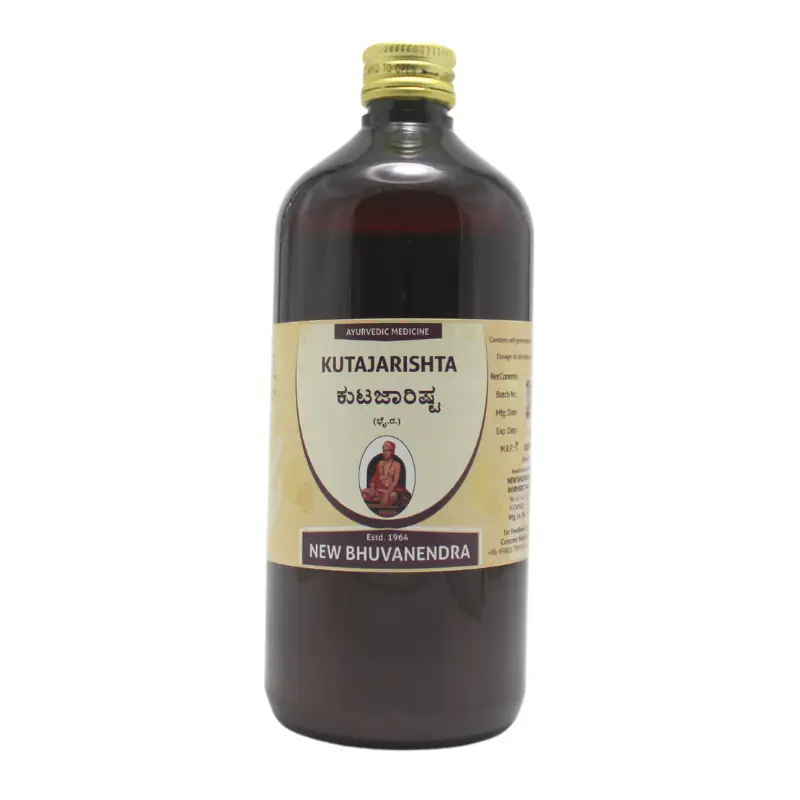

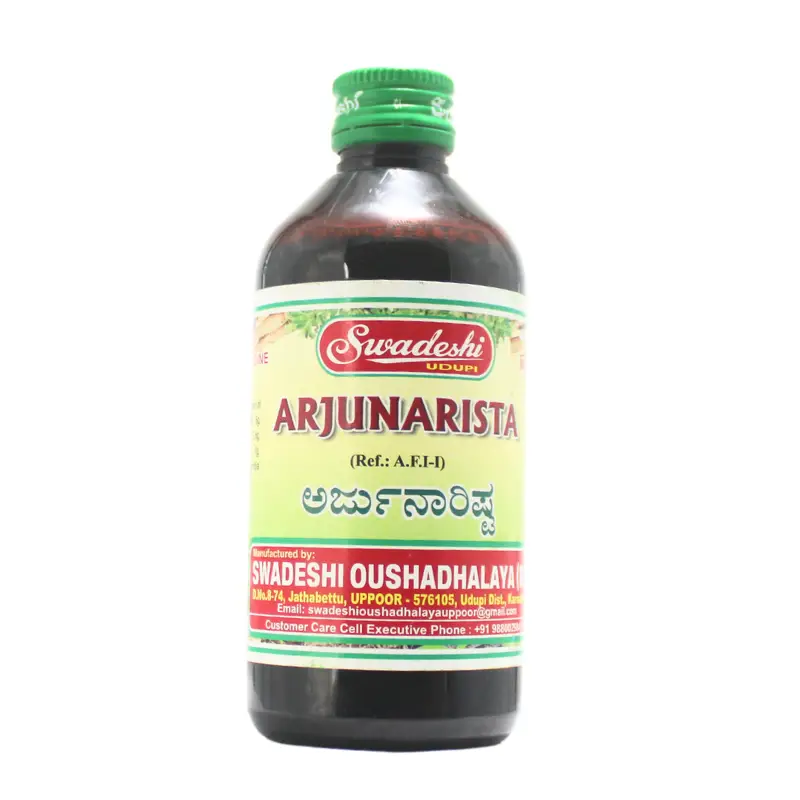
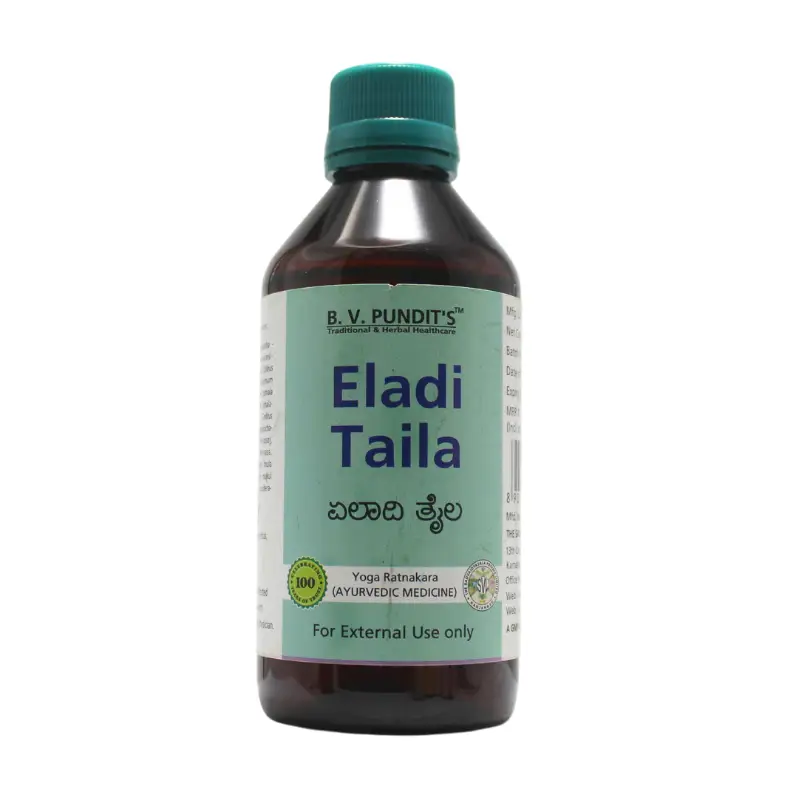
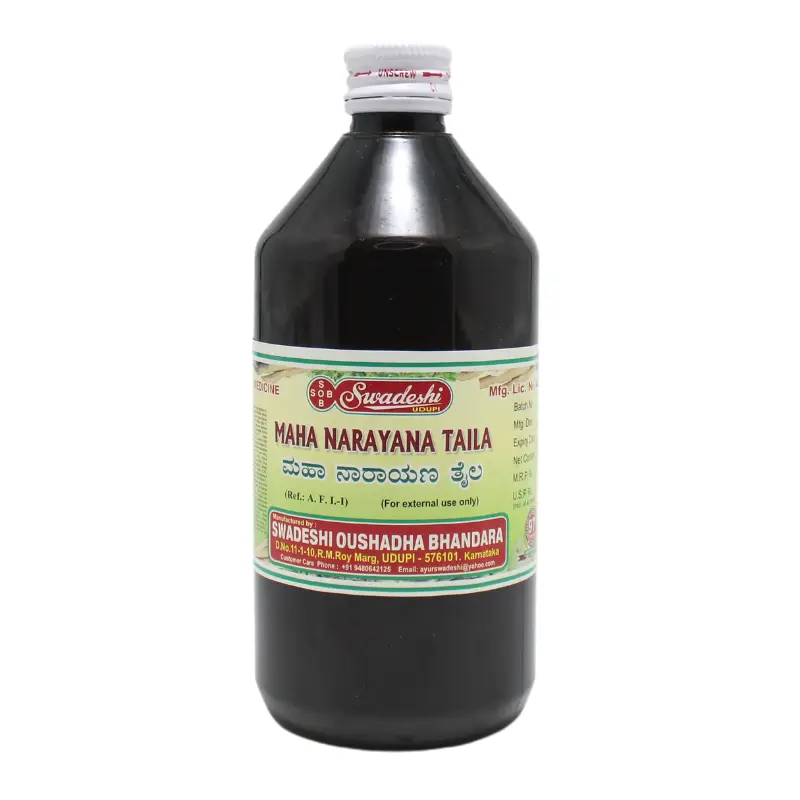
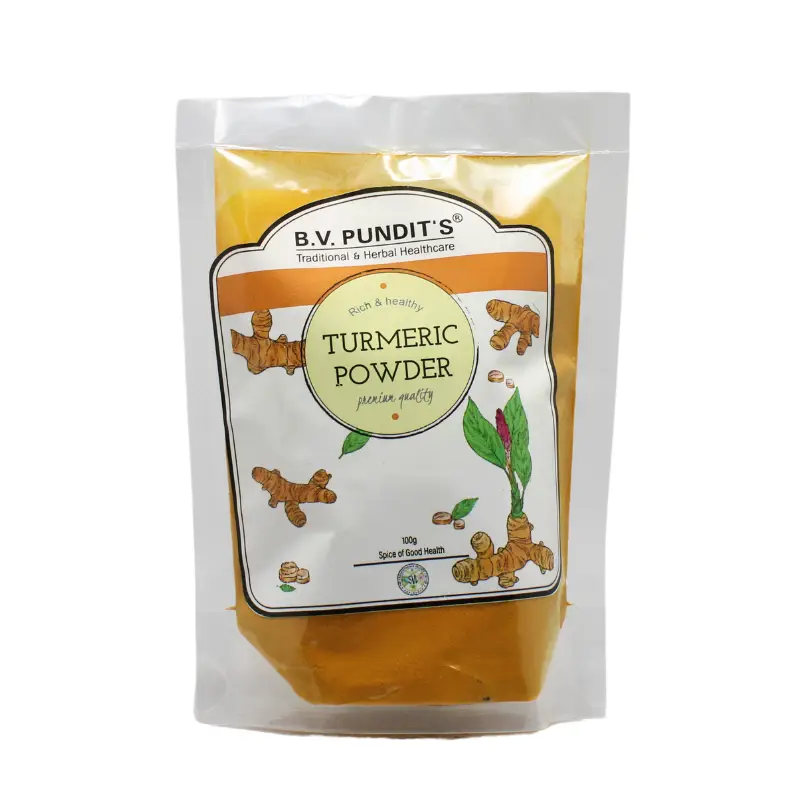
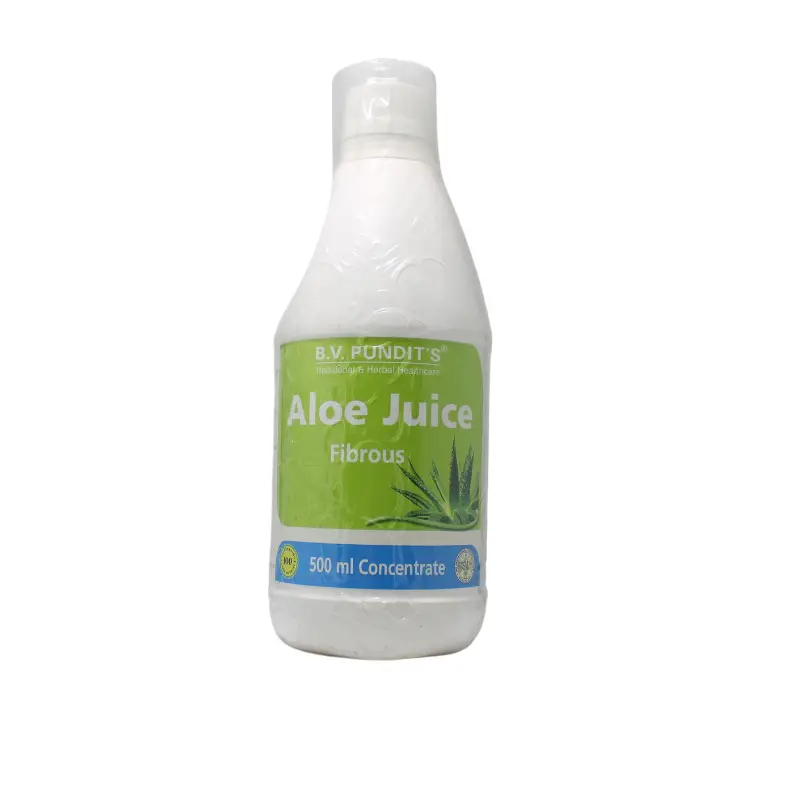


Discover editor-approved collections designed by nutritionists, Ayurvedic doctors, and chefs. Each pick is vetted for traceability, potency, and flavor.
From soil testing to seed selection, every harvest is logged for transparency. Meet the growers, tour our regenerative fields, and dive into the lab reports that keep us accountable.
Explore how our farming cooperatives reinvest in local schools, women-led nurseries, and soil-health programs.
Weekly STEM labs, seed-saving workshops, and nutrition camps reach over 1,200 students in rural communities.
Detailed carbon, biodiversity, and water audits updated quarterly.



Add Products worth Rs 1,499 more to get Anti Hair Fall Shampoo - Brihatri








